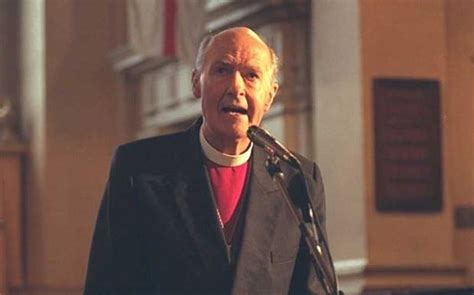A Quote by Agnes Sligh Turnbull
the human soul, by once suffering as much as it is capable of, purchases a strange and terrible immunity to all the rest of life's sorrows.
Related Quotes
People once believed that when someone dies, a crow carries their soul to the land of the dead. But sometimes, something so bad happens that a terrible sadness is carried with it and the soul can't rest. Then sometimes, just sometimes, the crow can bring that soul back to put the wrong things right.
People are not prepared or able to rejoice in suffering unless they experience a massive biblical revolution of how they think and feel about the meaning of life. Human nature and American culture make it impossible to rejoice in suffering. This is a miracle in the human soul wrought by God through His Word.
To draw an analogy: a man's suffering is similar to the behavior of a gas. If a certain quantity of gas is pumped into an empty chamber, it will fill the chamber completely and evenly, no matter how big the chamber. Thus suffering completely fills the human soul and conscious mind, no matter whether the suffering is great or little. Therefore the "size" of human suffering is absolutely relative.
It is terrible that we all die and lose everything we love; it is doubly terrible that so many human beings suffer needlessly while alive. That so much of this suffering can be directly attributed to religion—to religious hatreds, religious wars, religious delusions and religious diversions of scarce resources—is what makes atheism a moral and intellectual necessity.
Refusing to be disillusioned is the cause of much of the suffering of human life. And this is how that suffering happens-if we love someone, but do not love God, we demand total perfection and righteousness from that person, and when we do not get it, we become cruel and vindictive; yet we are demanding of a human being which he or she cannot possibly give.
In democratic ages men rarely sacrifice themselves for another, but they show a general compassion for all the human race. One never sees them inflict pointless suffering, and they are glad to relieve the sorrows of others when they can do so without much trouble to themselves. They are not disinterested, but they are gentle.
It is one of the great ironies of human history that some mortals with incorrect understanding of God and life's purposes sometimes scold God because of the abundance of human misery and suffering-which, indeed, lies all about us. Such individuals almost dare God to demonstrate His existence by straightening things out-and at once! But He is a much different kind of Father than that. Surely it is requisite to eternal life that we come to know God and Jesus Christ whom He has sent (see John 17:3).




































